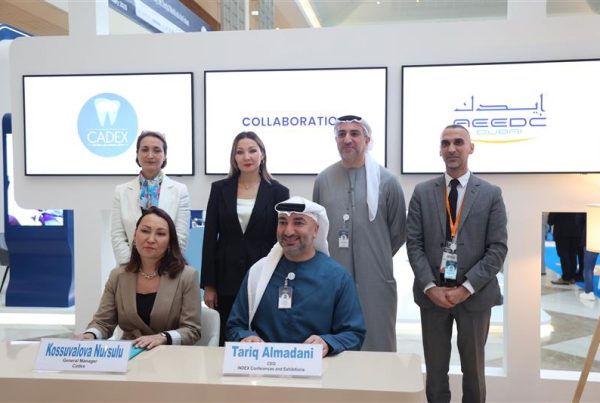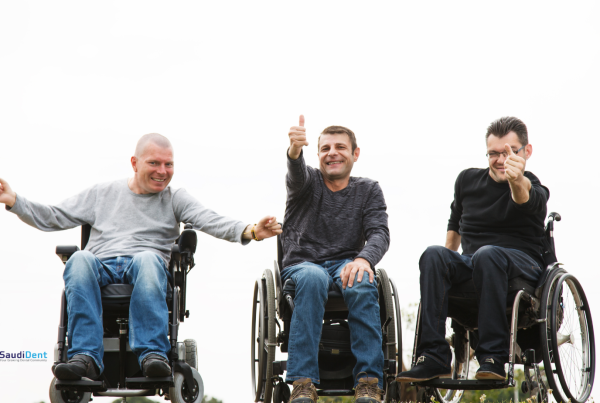▪️ Introduction:
-
AI is increasingly being used in healthcare and dental education must prepare students to use it responsibly.
-
AI should support clinician decision-making, not replace it. Algorithms must be unbiased and clinically validated.
-
Dental curriculum must teach critical thinking skills and ethical application of AI, including limitations and potential biases.
▪️ Considerations when adopting AI:
-
AI is a tool, not a replacement for clinician knowledge and expertise.
-
AI algorithms must account for patient factors like race, gender, culture to avoid unintended consequences.
- Academic integrity issues must be addressed regarding proper use and citation of AI.
▪️ Proposed curriculum model:
-
Introduce AI incrementally throughout program with multidisciplinary perspectives.
-
Preclinical: Explore datasets, research opportunities, interest groups.
-
Clinical: Case studies on ethics, legal issues, principles for selection of AI tools.
▪️ Guidance from organizations:
-
ADEA should provide resources and develop guidelines for AI curriculum.
-
Collaboration between ADEA and ADA is important.
-
Continuing education on AI should be required.
▪️ Conclusion:
AI is a rapidly advancing reality across health care. While it offers the promise of a higher quality of care and easy accessibility to information, dental education has a responsibility to be proactive and visionary in integrating AI safely and ethically for the benefit of both students and patients and future providers.
▪️ ▪️ Content summarized from:
Artificial intelligence (A.I.) in dental curricula: Ethics and responsible integration
https://onlinelibrary.wiley.com/doi/10.1002/jdd.13337






